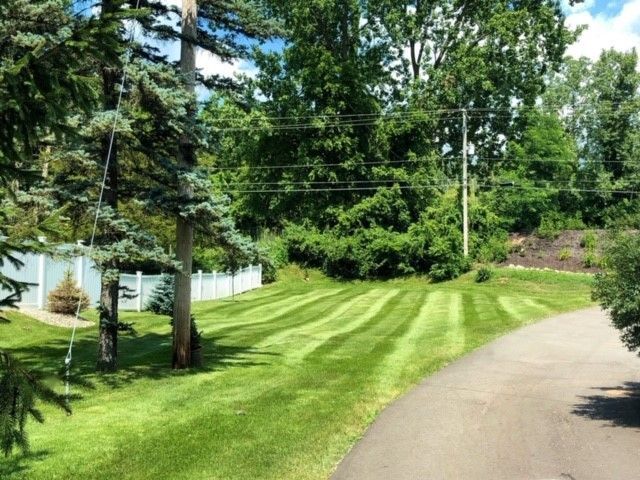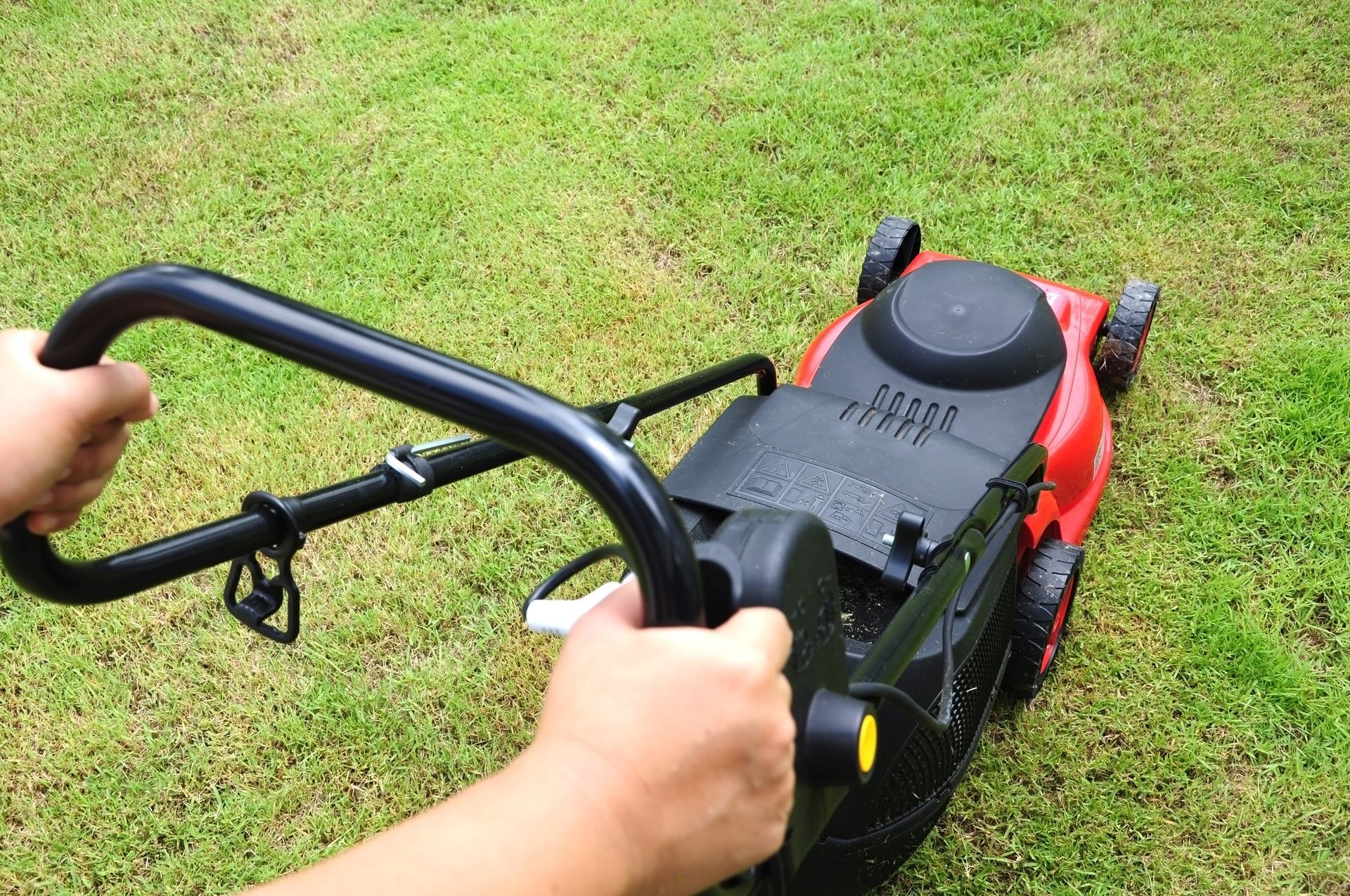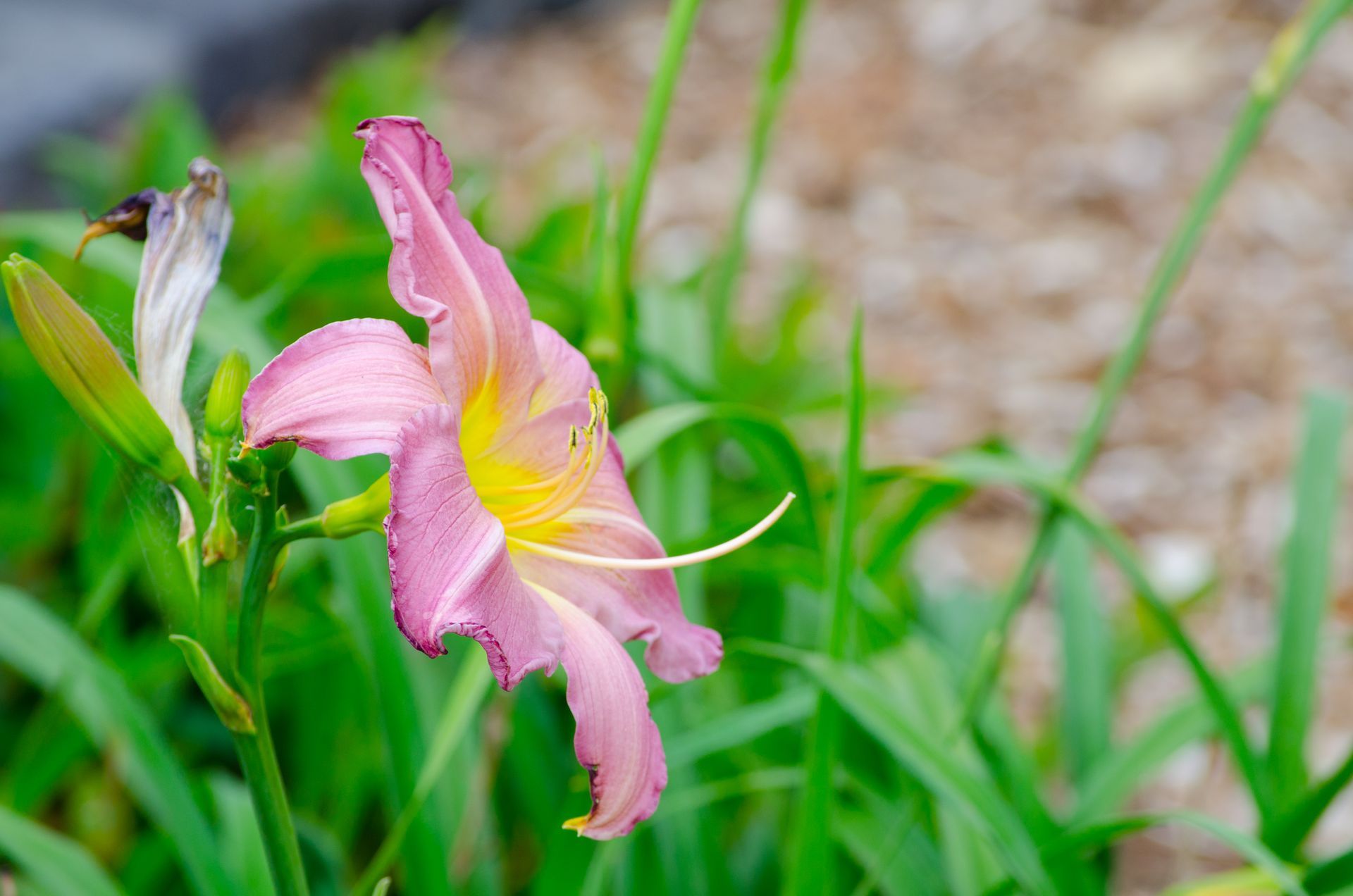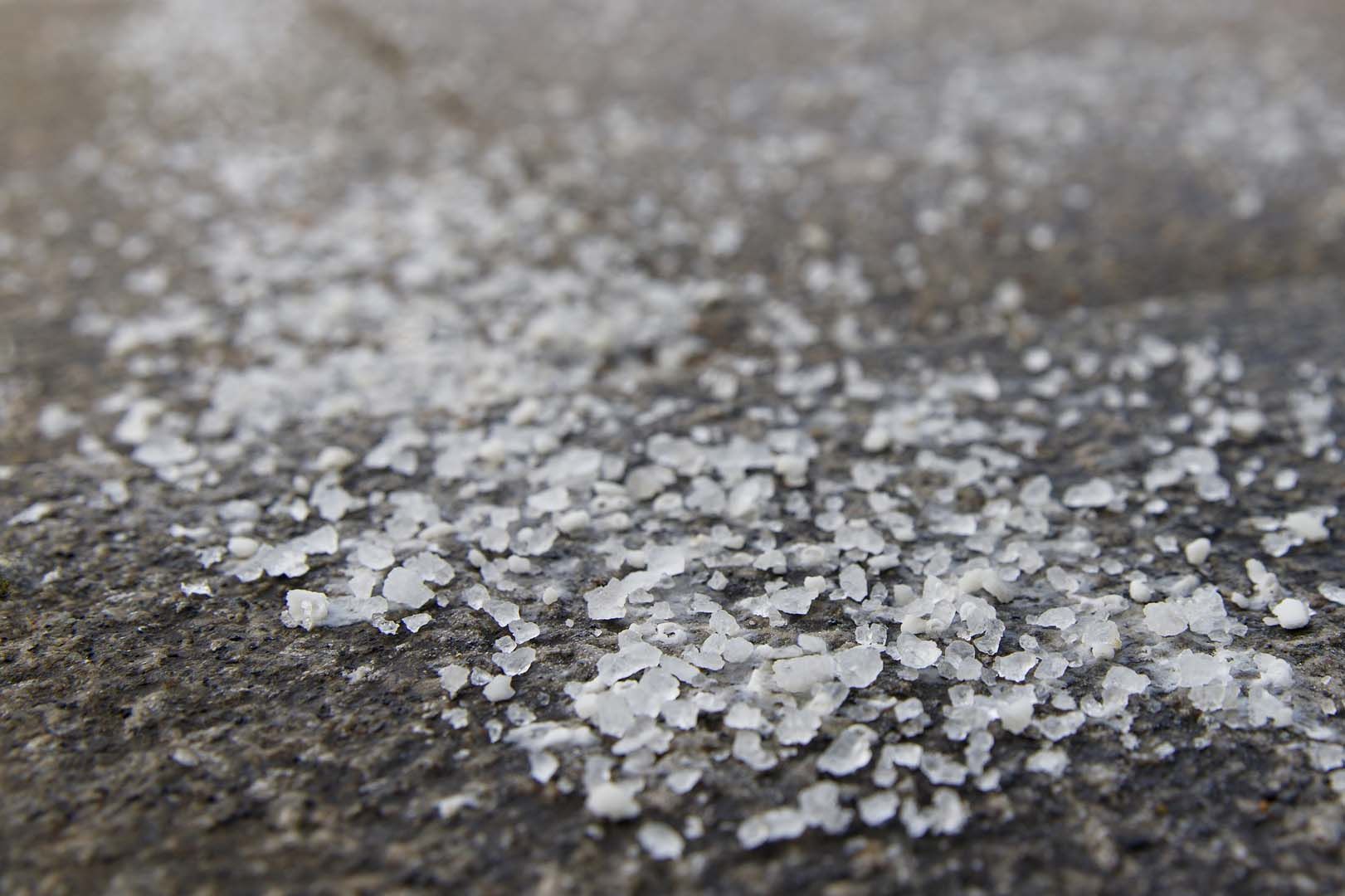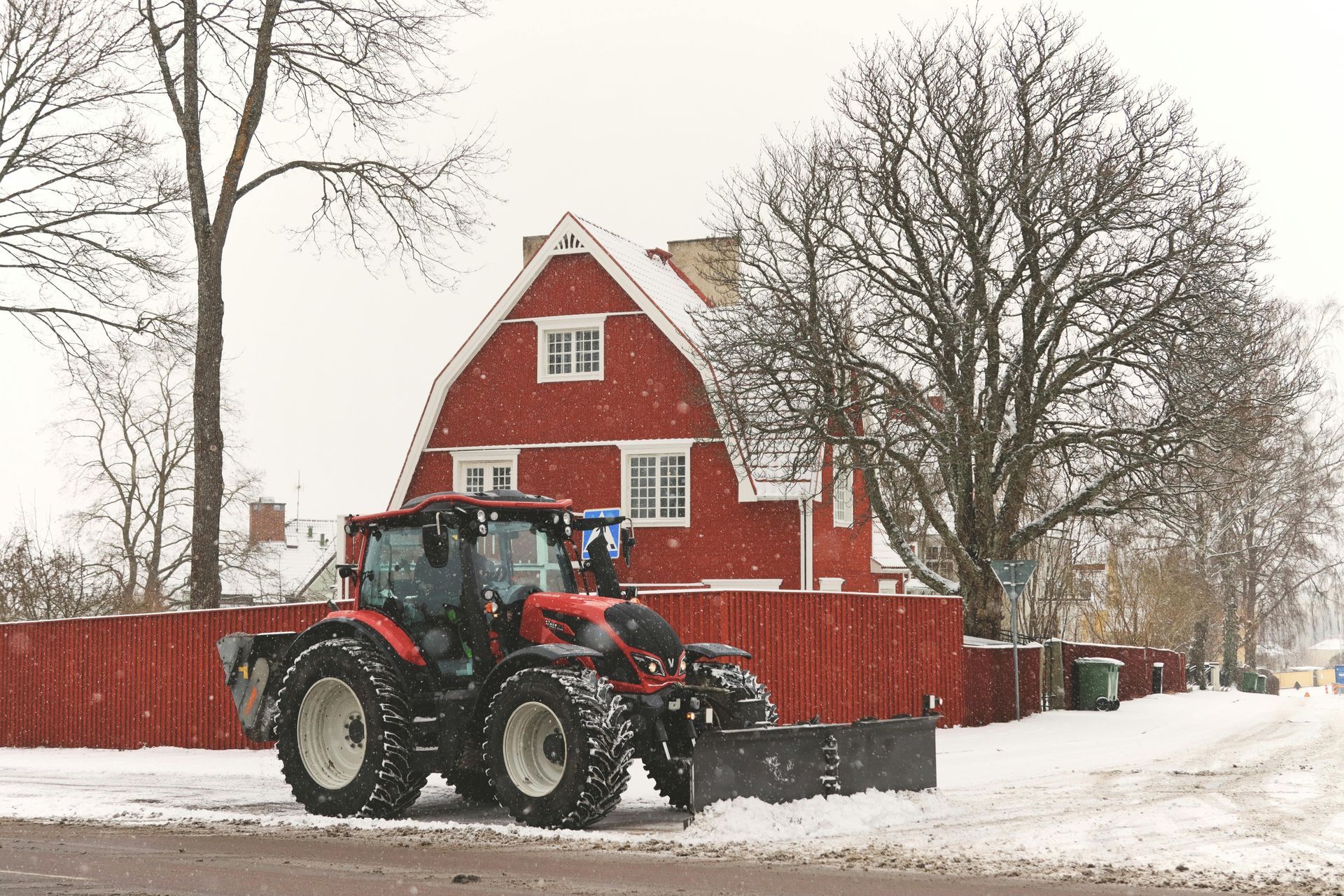MASTER GARDNER LLC
Eco-Friendly Lawn Care Tips for a Healthier, Sustainable Yard
A lush, green lawn doesn’t have to come at the expense of the environment. Traditional
residential lawn care practices often rely on excessive water, harsh chemicals, and energy-draining equipment. But what if you could have a beautiful yard that’s also kind to the planet? Enter
eco-friendly lawn care! In this guide, we’ll explore sustainable
lawn care solutions that help you maintain a thriving yard while reducing your environmental impact. Ready to give your lawn an earth-friendly makeover? Let’s dig in!
Why Choose Eco-Friendly Lawn Care?
Before we dive into the nitty-gritty of sustainable garden solutions, let’s address the big question: why should you care about local lawn care that’s eco-friendly?
- Healthier for You and Your Family – Say goodbye to chemical-laden pesticides and fertilizers that can harm kids, pets, and even your own well-being.
- Protects Local Wildlife – Birds, bees, and butterflies will thank you for creating a chemical-free oasis where they can safely thrive.
- Reduces Water Waste – Traditional lawns can be thirsty beasts. Eco-friendly lawn care helps conserve water, saving both the planet and your wallet.
- Lower Maintenance Costs – By working with nature instead of against it, you’ll spend less on fertilizers, pesticides, and excess watering.
- Boosts Curb Appeal – A naturally thriving lawn with diverse plant life looks vibrant, healthy, and inviting.
Now that we’ve got your attention, let’s dig into the specifics of sustainable garden solutions!
Ditch the Chemicals: Natural Fertilizer Alternatives
Synthetic fertilizers might make your lawn green fast, but they come with a heavy environmental cost. Instead, opt for natural fertilizers that promote long-term soil health. Here are some top choices for lawn fertilization services:
- Compost: Your kitchen scraps and yard waste can become gold for your lawn. Compost improves soil structure, retains moisture, and adds essential nutrients.
- Grass Clippings: Don’t bag them up—leave them on your lawn! They decompose quickly, returning nitrogen to the soil.
- Organic Mulch: Spread mulch around trees and flower beds to enrich the soil and retain moisture.
- Manure: Aged manure from cows, chickens, or horses provides a rich, slow-release nutrient boost.
- Bone Meal & Fish Emulsion: These provide phosphorus and nitrogen, essential for healthy root growth and lush greenery.
Making the switch to natural fertilizers takes patience, but over time, your soil will become healthier, and your
lawn care solutions will practically take care of themselves!
Water Smarter, Not Harder: Sustainable Irrigation Tips
Watering your lawn doesn’t have to mean wastefulness. Here’s how to keep your lawn hydrated while being water-conscious with eco-friendly lawn care techniques:
- Water Early in the Morning – The best time to water is before 10 a.m. to minimize evaporation and allow roots to absorb moisture effectively.
- Use a Rain Barrel – Collect rainwater to use for watering your lawn and plants. It’s free and environmentally friendly!
- Drip Irrigation – These systems deliver water directly to the roots, reducing waste and promoting deep root growth.
- Choose Drought-Resistant Grass – If you’re seeding or re-sodding, opt for native or drought-tolerant grass varieties that require less water.
- Deep, Infrequent Watering – Watering deeply once or twice a week encourages deep roots, making your lawn more drought-resistant.
Small changes in how you water can make a big difference for both your lawn and the environment.
Mow Like a Pro: Sustainable Lawn Mowing Practices
Did you know mowing your lawn the right way can contribute to its overall health? Here are a few weekly lawn care mowing tips:
- Raise Your Mower Blade – Keep your grass at about 3 inches tall. Taller grass retains moisture better and shades out weeds.
- Leave the Clippings – As mentioned earlier, they’re a free and natural fertilizer!
- Use an Electric or Reel Mower – Gas-powered mowers emit harmful emissions. Consider switching to an electric mower or a classic push reel mower.
- Sharpen Your Blades – Dull mower blades tear grass, making it more susceptible to disease. Keep them sharp for a clean cut.
With these simple adjustments, mowing becomes less of a chore and more of a lawn-loving activity!
Go Native: Choosing the Right Plants for a Sustainable Yard
One of the best ways to create a low-maintenance, eco-friendly lawn is to incorporate native plants. These plants are naturally adapted to your local climate and require less water, fertilizer, and overall maintenance.
- Less Watering & Fertilizer – Native plants are built to thrive in your region’s soil and weather conditions.
- Attracts Beneficial Wildlife – Bees, butterflies, and birds will flock to a garden full of native flowers and shrubs.
- Reduces Weeds – A well-balanced native garden outcompetes invasive species.
- Adds Visual Appeal – From vibrant wildflowers to hearty shrubs, native plants add color and texture to your lawn.
Native plant landscaping is a win-win for your lawn and the environment.
Call in the Experts! Eco-Friendly Lawn Care Services in Ada, MI by Master Gardner, LLC
Taking the eco-friendly route for lawn care services is a fantastic choice, but if you’re feeling overwhelmed, you don’t have to do it alone! At Master Gardner, LLC, we specialize in sustainable lawn care solutions that give you a gorgeous lawn without harming the planet.
From natural fertilization and smart irrigation to eco-conscious landscaping, our team provides top-notch
local lawn care services tailored to your yard’s unique needs. We also offer
landscaping, snow plowing,
and more! Call us today at
(616) 366-1552 to schedule your consultation in
Ada, MI, and the surrounding areas!
FAQs
Can I have a green lawn without using chemical fertilizers?
Absolutely! Natural alternatives like compost, manure, and grass clippings provide nutrients without harming the environment.
How often should I water my lawn using sustainable methods?
Water deeply once or twice a week in the early morning to encourage deep root growth and reduce water waste.
What are some good alternatives to traditional grass lawns?
Consider clover lawns, native grasses, or xeriscaping with drought-resistant plants.
Do electric mowers really make a difference?
Yes! Electric mowers produce zero emissions and are much quieter than gas-powered models.
How can I prevent weeds naturally?
Mulching, planting native plants, and keeping your lawn healthy with proper mowing and fertilization can naturally keep weeds at bay.
